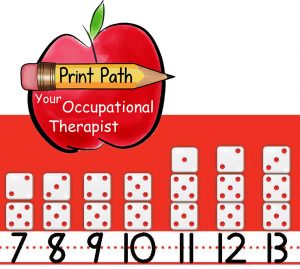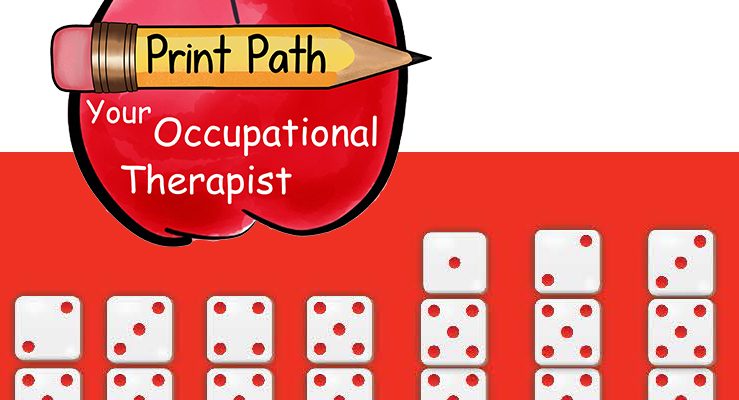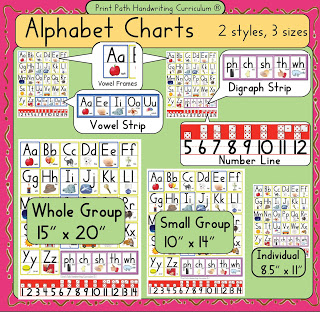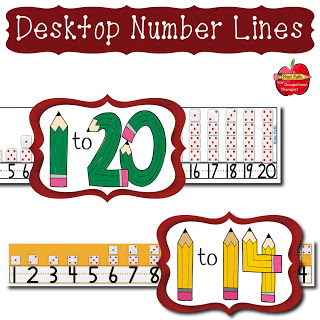
Many children enter kindergarten being able to rote count. What comes next?
Many children enter kindergarten being able to rote count. What comes next?
Keeping it Simple
According to Jordan, Kaplan, Nabors Ola´h, and Locuniak (2006) there are 5 key elements of Number Sense within a kindergarten age group.
|
Counting
|
Rote counting
One to one correspondence
Understanding of cardinality and stable order
|
|
Number knowledge
|
Discriminating quantities – subitizing
Making comparisons
|
|
Number transformation
|
Transforming by adding and subtracting
Calculating verbally and nonverbally
Calculating with and without physical or verbal references
|
|
Estimation
|
Estimating
Using reference points
|
|
Number patterns
|
Copying number patterns
Extending number patterns
Discerning numerical relationships
|
 Typically by the time a child is six years old they have developed an internal number line (Siegler & Booth, 2004). Having a visual number line helps children learn that numbers later in the counting sequence have a larger quantity and that each number has a distinct quantity. Physical number lines that include quantities gives students a visual reference point for adding on and subtracting. Kids love dice, associate dice with fun games, and familiarity with dice greatly contributes to acquiring subitizing skills.
Typically by the time a child is six years old they have developed an internal number line (Siegler & Booth, 2004). Having a visual number line helps children learn that numbers later in the counting sequence have a larger quantity and that each number has a distinct quantity. Physical number lines that include quantities gives students a visual reference point for adding on and subtracting. Kids love dice, associate dice with fun games, and familiarity with dice greatly contributes to acquiring subitizing skills. A few years ago I made a 1-14 dice number line that is included with my alphabet linking charts. Recently a customer contacted me saying that she felt the dice number line was extremely helpful, and would like a 1-20 desktop number line. This week I put together a set of black and white and colored desktop number lines both from 1-14 and 1-20, and I am offering them on Tpt as a Flash Freebie. Let me know if these are helpful in your classroom!
![]()
Take a look at these other great teaching ideas from Teachers Talk!
Follow my blog with Bloglovin
[inlinkz_linkup id=683873 mode=1]



